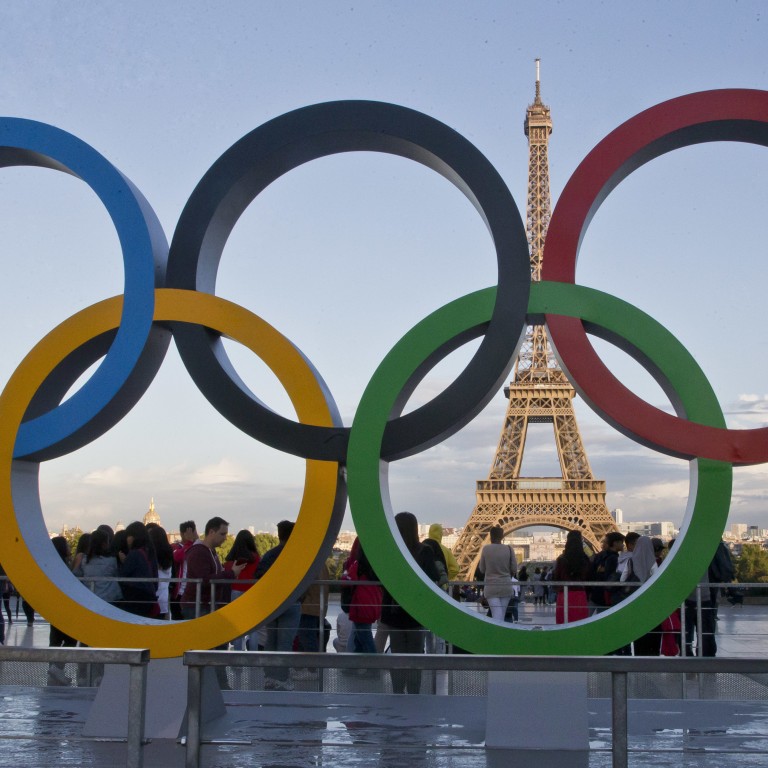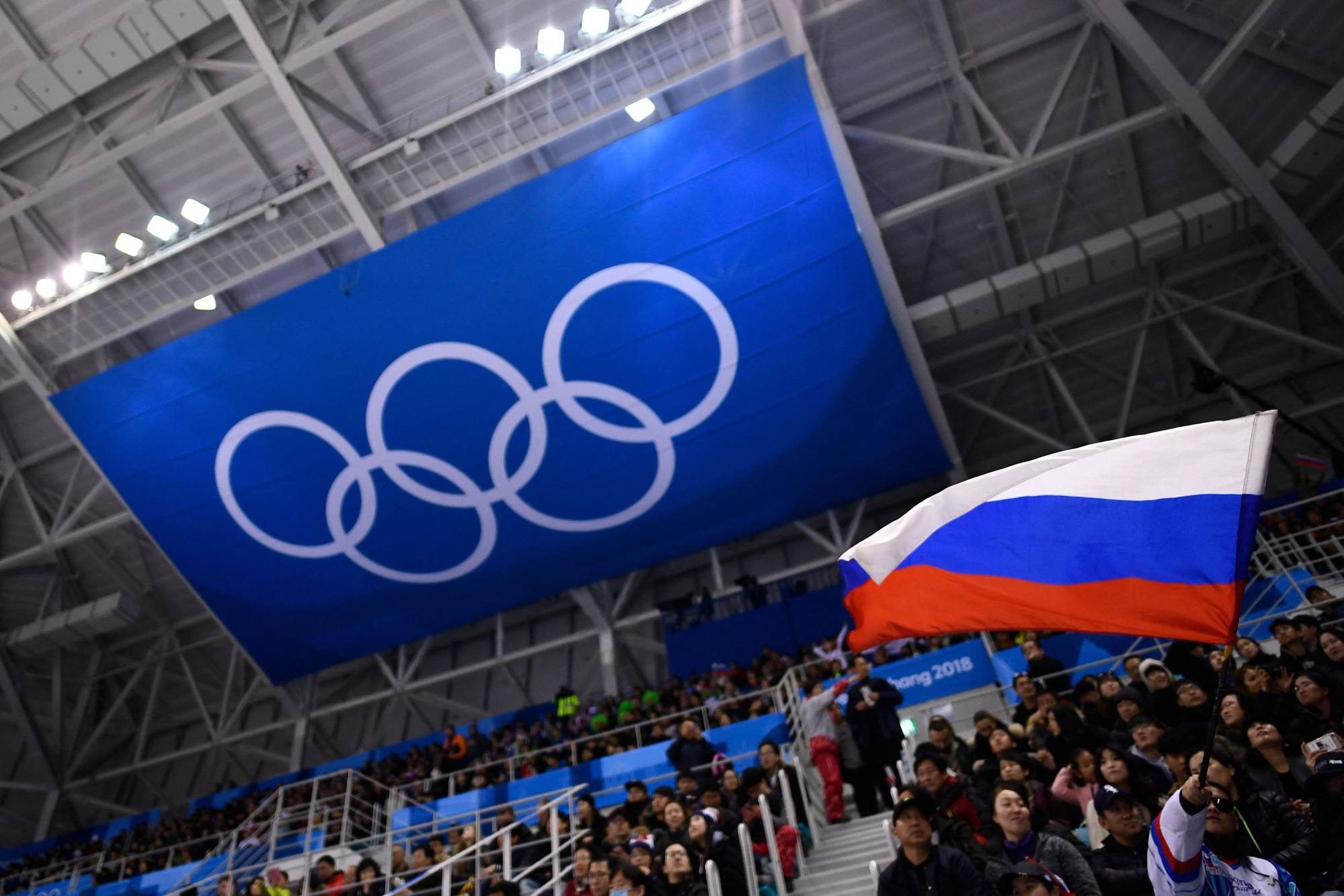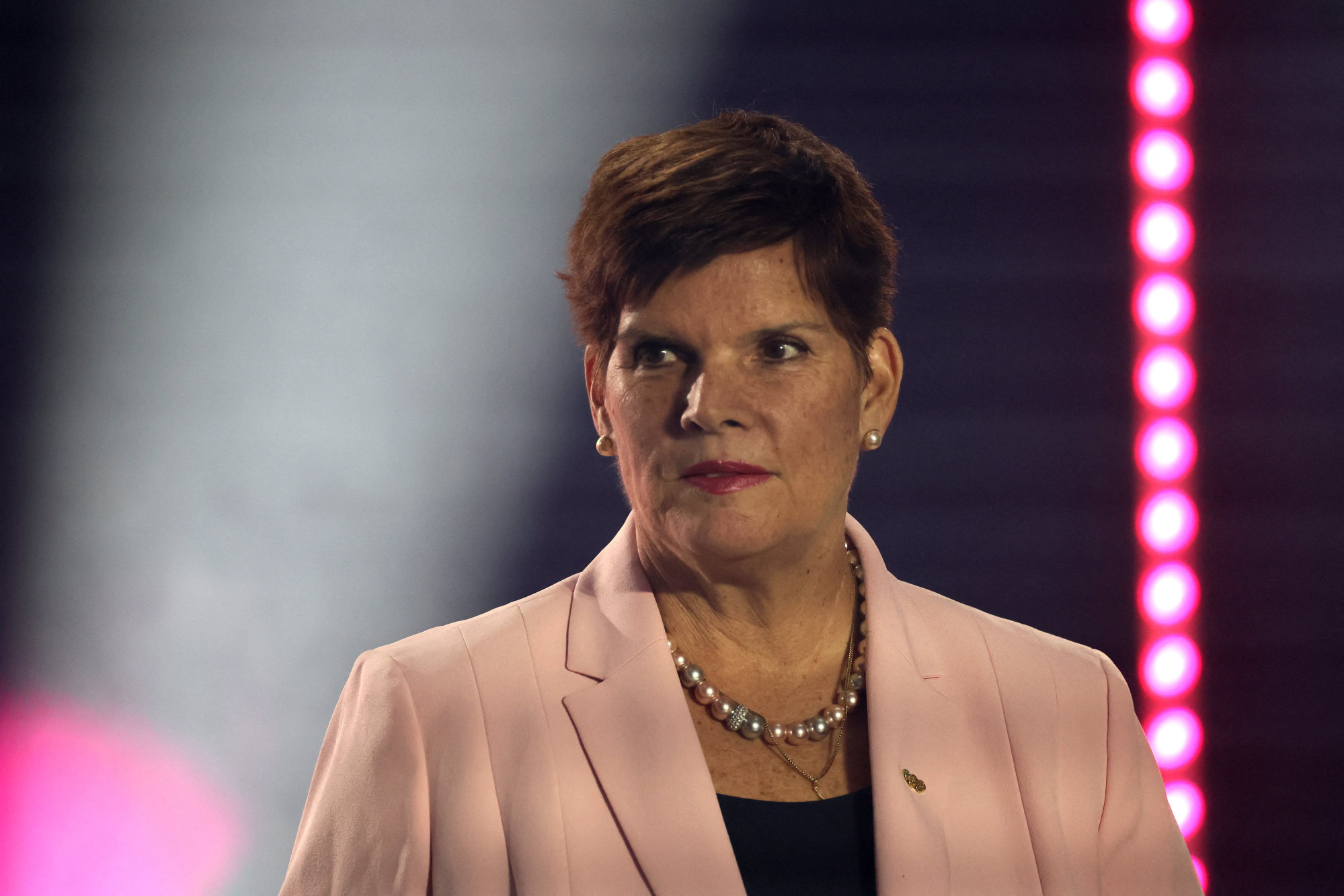
Explainer | How will the International Olympic Committee clear Russian and Belarusian athletes to compete at Paris 2024 Olympics?
- After initially banning Russian and Belarusian athletes, the IOC will now allow them to take part after passing a vetting process
- Among the criteria are they must not have actively supported the war in Ukraine, and must not have links to military services
Russian and Belarusian athletes who have qualified for the Paris 2024 Olympics this summer will need to undergo a vetting process by the International Olympic Committee before being invited to compete at the Games.
Why do athletes from Russia and Belarus need to be vetted?
Following Russia’s invasion of Ukraine in 2022, the IOC, after initially recommending a ban from international competitions of athletes from Russia and ally Belarus, allowed them to qualify for the Paris Olympics.
But they will be competing as individual neutral athletes (AINs) without their flags, anthems and emblems. They will also need to pass a vetting process to make sure they meet certain IOC eligibility criteria.
What criteria must these athletes meet?
In order to be cleared to compete in Paris, Russian and Belarusian athletes must not have actively supported the war in Ukraine.
They also must not be contracted to any military or security agency. Many of the country’s sports club have direct links to the military and security services.

The athletes must also meet all anti-doping criteria and must abide by the Conditions of Participation for Paris, which contain a commitment to respect the Olympic Charter, including “the peace mission of the Olympic Movement”.
Only individual athletes can compete in Paris. Russian and Belarusian teams in team sports cannot qualify.
Who will do the vetting?
The IOC has established the Individual Neutral Athlete Eligibility Review Panel to evaluate the eligibility of each athlete with a Russian or Belarusian passport who obtains, or who could obtain, a qualification place for the Paris Olympics.
The eligibility review will include all of the athletes’ support personnel attending the Games.
Who is on the panel?
It is a three-member review panel, consisting only of IOC members.
Nicole Hoevertsz, an IOC vice-president who competed in synchronised swimming for Aruba at the 1984 Olympics, is the chair.

Pau Gasol sits on the panel as an IOC Ethics Commission representative. The Spaniard is a retired two-time NBA basketball champion. He won two silver medals and a bronze with Spain at Olympic Games.
Ryu Seung-min is the IOC Athletes’ Commission representative. An IOC member since 2016, the South Korean is a 2004 Olympics table tennis champion and is also and executive committee member at the International Table Tennis Federation.
They will be supported Paquerette Girard Zappelli, IOC chief ethics and compliance officer and secretary of the panel.
How may athletes are expected to compete?
The IOC has said it expects to see about 36 Russian and 22 Belarusian athletes competing as neutrals in Paris.
The maximum number, depending on qualification standards and country quotas, and which is unlikely to be reached, would be 54 and 28, respectively.
At the Tokyo Olympics in 2021, the Russian Olympic team had 330 athletes and the Belarus delegation 104. The Russian team was limited then due to doping violations. Russia has acknowledged shortcomings in its anti-doping set up, but denies running a state-sponsored doping scheme.
What has Russia’s response been?
Russian athletes this week were also banned from the Games’ opening parade over the war in Ukraine. Moscow criticised the IOC’s decisions and said the Olympic body was destroying Olympism and infringing on athletes’ rights.

Russian foreign ministry spokeswoman Maria Zakharova said the IOC was slipping “into racism and neo-Nazism”.
The IOC also suspended the Russian Olympic Committee in October for recognising regional Olympic councils for Russian-occupied regions of Ukraine – Luhansk, Donetsk, Kherson and Zaporizhzhia – further angering Moscow.
Russia plans to host its own international multi-sports event, the Friendship Games, later in 2024.

